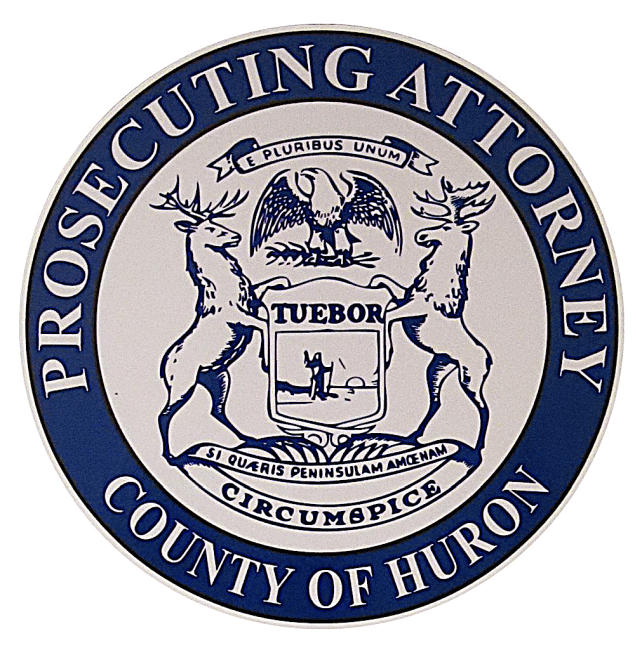
HOPE Amid a Heroin Epidemic
Guest Post by: Ruth Schwendinger, Prevention Specialist, Huron Behavioral Health
Heroin and other opiates are killing young parents, star athletes, and it is poisoning our aging population at an alarming rate. Now is the time for all good men and women to get involved to put the kibosh on this evil presence in our community. You may have heard the Centers for Disease Control’s statistics that overdose deaths have quadrupled from 2015 to 2016. Michigan has one of the highest rates of opioid prescriptions per person in the nation. We cannot allow this epidemic to go unchecked. As a community, we can address this with training and action.
Learn the Signs
Who is at risk? Individuals with chronic pain, those who have recently filled a prescription for an opioid pain killer, those with a history of substance use disorder, people in poor physical health-especially a breathing problem.
What tell-tale signs appear of heroin addiction? Change in social life, loss of interest in school or work, showing up late or not at all, declining attention to hygiene, slowed or shallow breathing, drowsiness, sensitivity to light.
Available Resources
What resources are available, what laws protect us? Have an open and honest talk with your doctor or behavioral health provider. You can be trained to respond in case of a suspected heroin overdose and get an emergency overdose reversal kit by calling 989-269-9293 and asking about Naloxone (na-locks-own). The “Good Samaritan Law” passed in October of 2016 protects individuals who administer naloxone in good faith, from any legal prosecution. Substance using individuals of all ages, who seek treatment are also protected from most prosecution under Michigan Public Acts 307 and 308 of 2016.
We can properly dispose of unused or expired medications and lock them up when they are in the house. We can check with our doctor about alternative options to pain management, and if you begin taking a prescription opioid, have an exit strategy. Plan what you will do if the pain is not managed and make sure any use is short term. Prescription opioids should typically not be prescribed for non-cancer chronic pain.
H.O.P.E. Conference
If you are concerned about someone else, be honest with them about your concerns. Listen without judging, and have a resource to share with them. You can find information at your local doctor’s office or online at http://huroncmh.org/community-resources/ and if you want a more in-depth conversation, call 989-269-9293 to register for the free Heroin, Opioid, Prescription Education (HOPE) Conference. It will be held on March 23, 2017 at the Franklin Inn in Bad Axe, Michigan.
Remember, there is always HOPE.





